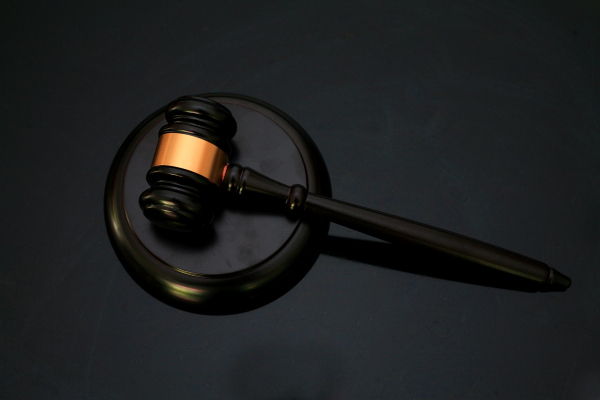
Airport security checks involve certain inconveniences and result in the infringement of one’s personal interests, ruled the Supreme Court, dismissing the cassation complaint in the Shaminder Puri case. The proceedings, which have been pending since 2010, involve the infringement of personal interests of Mr Puri, a member of the Sikh religious community. During security checks carried out at Warsaw airport, he was ordered by Border Guards officers to remove his turban.
In the opinion of the Supreme Court, each traveller must realise that they may be subjected to a manual check or a body search regardless of their religion, nationality or ethnic origin. Accordingly, as the judges pointed out, personal interests have to give precedence to higher ranking values such as life and health of citizens of a given state.
Attorneys for Shaminder Puri argued in their cassation complaint that the case involved a legal issue important from the perspective of the rule of law principle and human rights protection. This relates to the civil courts’ power to review the proportionality of authoritative competences exercised by public authorities vis-a-vis citizens, in a situation where the manner of exercising these competences may not be appealed to an administrative court. “This approach may have the effect of stripping a complainant of their right to court. However, the Supreme Court has not supported this reasoning”, explains Karolina Rusiłowicz, HFHR lawyer.
In its suit for the protection of personal interests Shaminder Puri argued that Border Guard officers acted in contravention of the law – they took disproportionate measures, showed no respect for his dignity, freedom to practice religion and freedom of movement. The Border Guard officers could have effected one of a number of less invasive security control measures at their disposal. Nevertheless, they reached for the most burdensome one for no legitimate reason whatsoever. Because of the religion practised by Mr Puri, the removal of the turban is a very painful and humiliating experience for him.
In February 2013, the Court of Appeal in Warsaw dismissed the appeal of Shaminder Puri. Earlier in 2011 the Circuit Court in Warsaw dismissed all of Mr Puri’s claims. Although the Courts found that the personal interests of the claimant had been violated, they said the actions of the Border Guard officers had not been illegal. The Border Guard officers who asked the Sikh to remove his turban during security checks had acted within their legal powers. The Courts held that the only way to assure that a person did not carry unauthorised items in their headwear was to ask them to remove such clothing and check it manually.
“Giving the oral justification of the judgment, the Supreme Court did not refer to the freedom of religion or respect for religious symbols. After reading the written justification of the judgment, we’ll decide whether to bring the case to the European Court of Human Rights or not”, says Dr Adam Bodnar, HFHR Deputy President.


